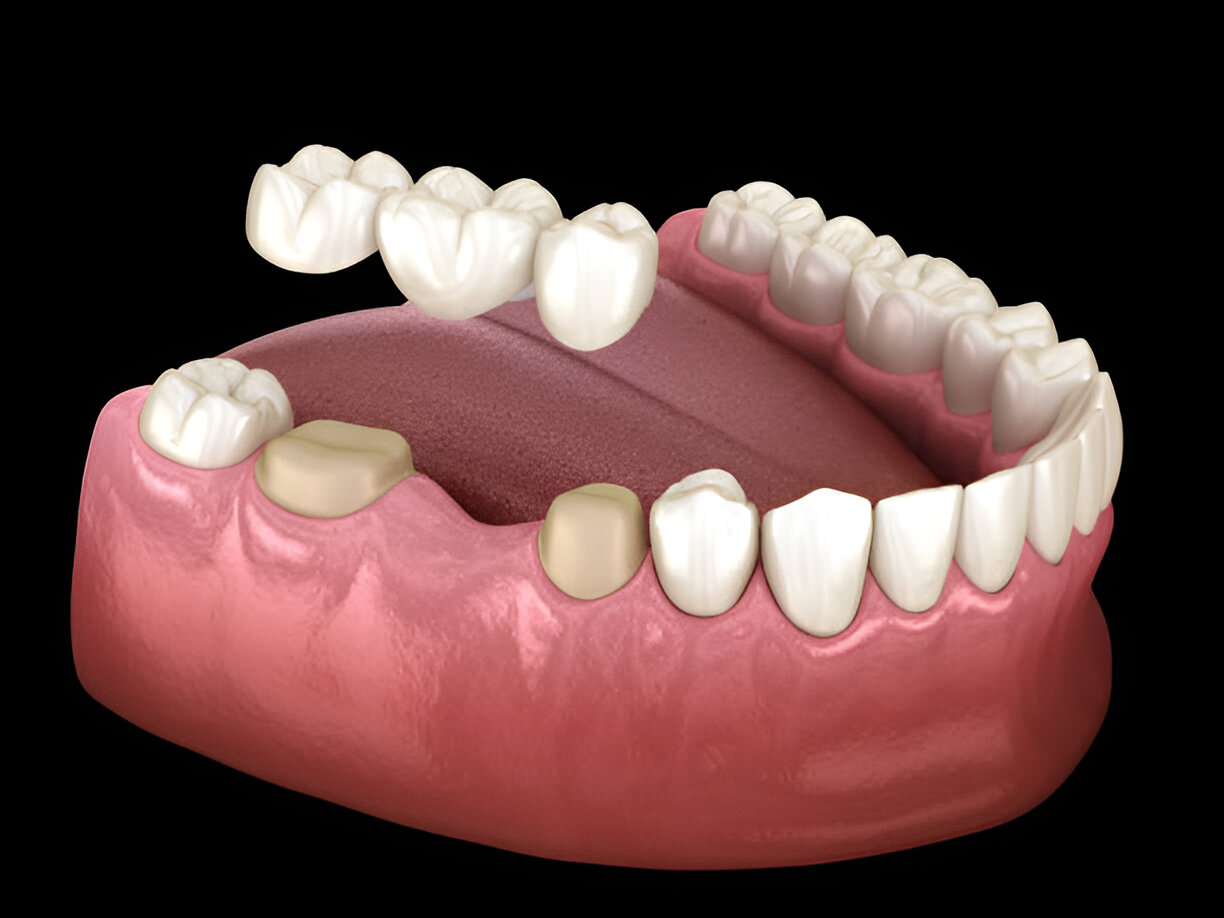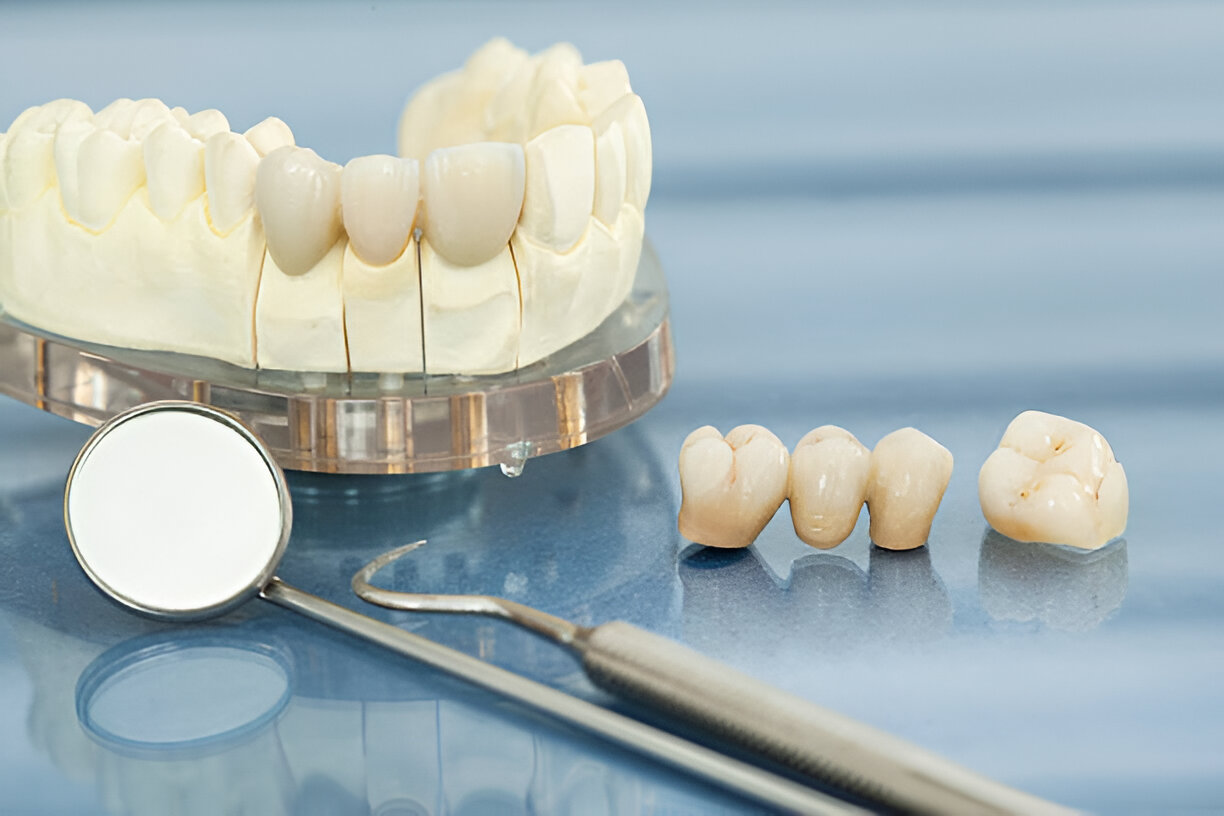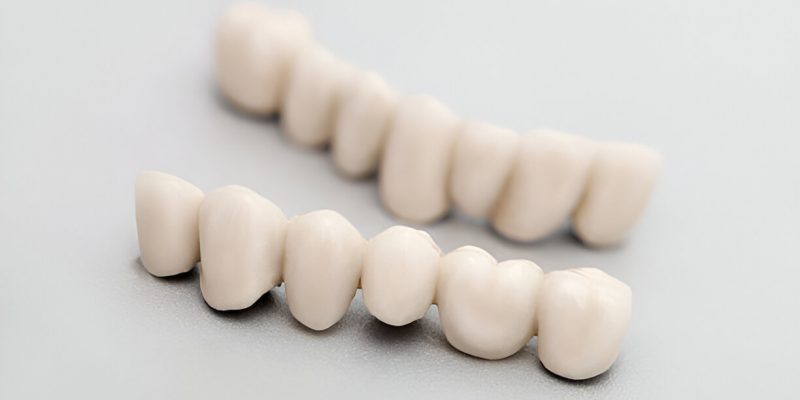Summary
Dental crowns are durable and effective for restoring damaged or weakened teeth. However, their lifespan can vary depending on several factors, including the type of crown, oral hygiene habits, and overall dental health. This guide delves into the factors influencing crown longevity, provides care tips, and discusses the different types of dental crowns in Columbia that you can choose.
Fun Facts About Dental Crowns
- Dental crowns have been used for centuries, since as early as 200 AD, with early versions made from gold
- Crowns can last for up to 30 years
- Thanks to their close-to-natural appearance and feel, crowns and regular teeth cannot easily be distinguished
- Crowns can be made from a variety of materials, including porcelain, ceramic, metal, and a combination of these

Understanding Dental Crowns
Imagine your tooth as a sturdy pillar supporting your smile. But what happens when that pillar starts to crack or crumble? That’s where dental crowns come in.
A dental crown is a custom-made cap that fits snugly over a damaged tooth. It’s like giving your tooth a strong, protective helmet! Dentists use crowns to rescue teeth that have been:
- Weakened by cavities: Think of a crown as a life jacket for a tooth that’s seen better days.
- Compromised by root canals: After a root canal, a crown acts as a shield, protecting the treated tooth.
- Bridging the gap: Crowns are key players in dental bridges, helping to anchor artificial teeth in place.
- Hiding imperfections: A crown can boost your smile confidence by covering up chips, cracks, or discoloration.
So, whether your tooth is feeling fragile, has seen better days, or just needs a little makeover, a dental crown might be the perfect solution.
Choosing the Right Crown: A Quick Guide
So, you need a crown. But with so many options, how do you pick the perfect one for your smile? Let’s break it down.
All-Ceramic or Porcelain Crowns
These crowns are the natural look-alikes of your teeth. They’re made entirely of porcelain, making them a popular choice for front teeth. However, they might not be the strongest option for those who grind their teeth.
Metal Crowns
Metal crowns, typically made from gold or alloys, are built for strength. They’re durable and long-lasting, making them a good choice for back teeth. But let’s be honest, they’re not the most stylish option.
Porcelain-Fused-to-Metal Crowns
Porcelain-fused-to-metal crowns are like the best of both worlds. The outer layer is porcelain for a natural look, while the metal core provides strength. They’re a good balance of aesthetics and durability.
Zirconia Crowns
Zirconia is a strong ceramic material that offers a natural look without the metal base. It’s an excellent option for those who want metal strength and porcelain’s beauty.
Remember: The best crown for you depends on factors like the location of the tooth, your bite, and your aesthetic preferences. Your dentist will help you choose the right one for your smile.
How Long Does Your Crown Stick Around?
Dental crowns can last between 5 and 15 years or even longer with proper care. However, several factors can influence this lifespan:
- Porcelain Crowns: These crowns typically last between 5 and 15 years with good oral hygiene.
- Metal Crowns: Known for their durability, metal crowns can last 10 to 25 years or more. Studies have shown that they have a survival rate of 85% after 10 years.
- Porcelain-Fused-to-Metal Crowns: These crowns combine the aesthetics of porcelain with the strength of metal and can last 10 to 20 years.
Note: These are just estimates. How well you look after your crown makes a huge difference.

What Can Shorten Your Crown’s Lifespan?
So, you’ve got your shiny new crown, and you want it to last as long as possible, right? Let’s discuss the things that can shorten its lifespan.
Material
The type of crown material significantly impacts durability. While porcelain crowns are aesthetically pleasing, they may be less durable than metal crowns. A study published in the Journal of Prosthetic Dentistry found that metal crowns have a higher survival rate than porcelain crowns.
Oral Hygiene
Consistent brushing, flossing, and regular dental checkups are essential for preventing decay and gum disease, which can affect the crown’s base. Poor oral hygiene is a leading cause of crown failure, with statistics showing a direct correlation between gum disease and crown loss.
Bite Force
Excessive grinding or clenching, known as bruxism, can put undue stress on the crown, leading to premature wear. Studies show that people who grind their teeth are twice as likely to experience crown failure as those without this habit.
Location of the Tooth
Crowns on back teeth, which bear more chewing force, may experience faster wear. Multiple studies have shown that molars typically experience 25% more pressure than front teeth, increasing the risk of crown damage.
Accidents and Trauma
Injuries to the mouth can damage or dislodge a crown. According to the National Institutes of Health (NIH), dental trauma is a common cause of crown failure, accounting for approximately 15% of all crown replacements.
Remember, taking good care of your crown is like having a loyal sidekick. If you treat it right, it’ll stick by you for years.
How to Keep Your Crown Happy
Think of your crown as a tiny superhero. It needs your help to stay strong. Here’s how to keep it happy:
- Practice excellent oral hygiene: Brush twice daily with fluoride toothpaste, floss regularly, and use mouthwash.
- Regular dental checkups: Visit your dentist for routine cleanings and examinations to monitor the crown’s condition. According to the American Dental Association, dental checkups should be scheduled every six months.
- Avoid biting hard objects: This can put excessive stress on the crown and lead to damage.
- Wear a nightguard: If you grind your teeth, a nightguard can protect your crown from excessive wear.
Following these tips can help your crown live a long and happy life.

Is Your Crown Showing Signs of Wear and Tear?
Your dental crown is a hardworking little cap, but even superheroes need a break sometimes. Here are some signs that your crown might be calling it quits:
- Discoloration Alert: Notice a dark line creeping up your gum line? It could mean trouble underneath your crown.
- Pain or Sensitivity Party: If your tooth seems extra sensitive to hot or cold, it’s time to check in with your dentist.
- Loose Tooth Club: A loose crown is like a wobbly tooth. It can lead to bigger problems if left untreated.
- Cracked or Chipped Crown: A chipped or cracked crown is like a broken shield, leaving your tooth vulnerable.
If you spot any of these signs, don’t panic. Contact our experienced dentists in West Columbia, SC, for a thorough examination and expert advice. We’ll help you restore your smile and ensure optimal oral health.
Takeaway
Dental crowns are a valuable restorative option that can significantly improve oral health and smile. By understanding the factors that influence their longevity and practicing good oral hygiene, you can extend the life of your crown and enjoy its benefits for years to come.
- Dental crowns are a durable and versatile solution for restoring damaged teeth
- Proper oral hygiene and regular dental checkups are essential for crown longevity
- Choose the right crown material based on your needs and preferences
- Watch for signs of wear and tear, and schedule prompt repairs
- Regular dental visits are crucial for monitoring your crown’s health
- Invest in a mouthguard if you grind your teeth
- Don’t hesitate to contact your dentist if you have any concerns
Remember: Regular dental checkups are essential for maintaining the health of your crown and preventing potential problems. If you notice any damage or discomfort, contact Carolina Smiles Family Dentistry and our experienced dentists in West Columbia, SC.

